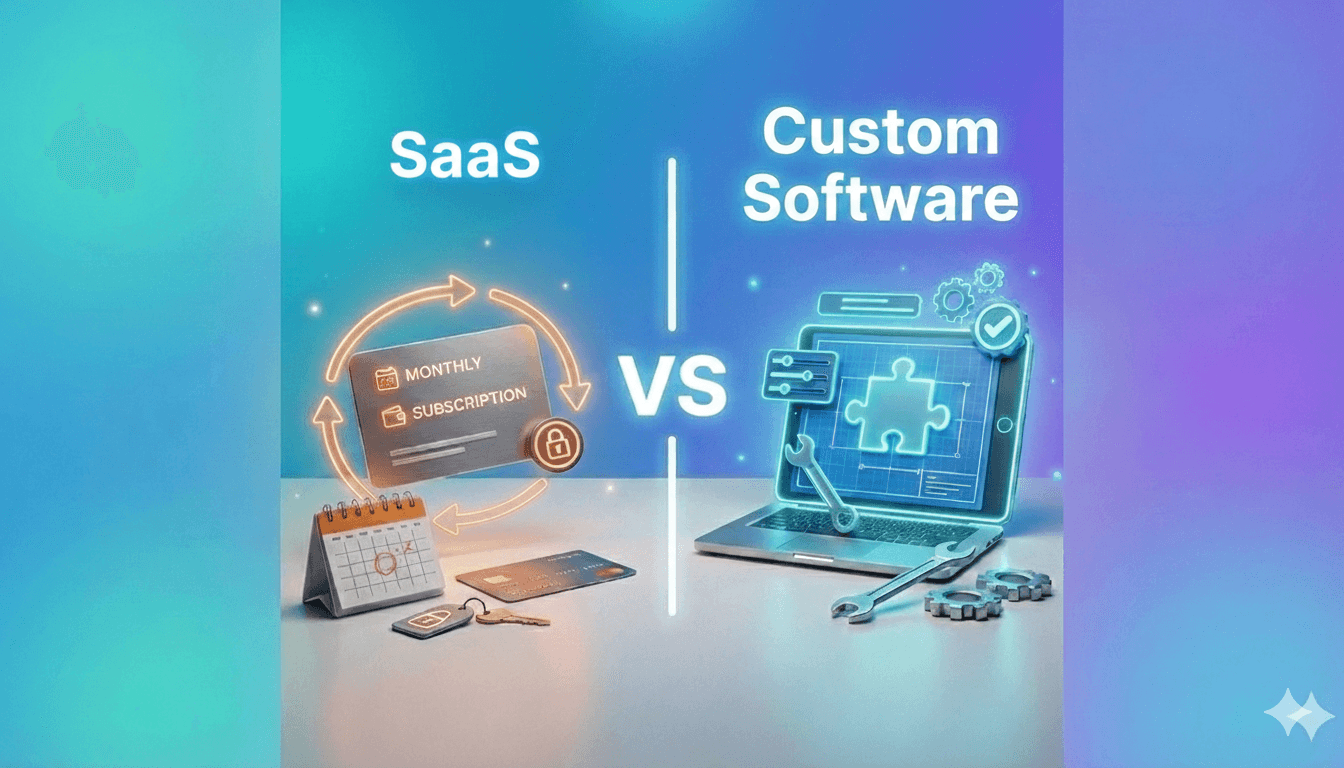Whatever IT project management methodology is chosen, it is important to select the right tools. Below is a list of these tools systematised according to their objectives.
Tools for organising teamwork and managing tasks
Such solutions should make it possible to manage work by separating specific tasks, setting deadlines for their completion and assigning a person responsible for performance. In this way, responsibilities are shared and each member of the team knows what they are responsible for and what they need to ensure.
These tools enable work to be carried out according to schedule and inform about delays
An important functionality is the ability to prioritise tasks. This way, team members know which activities need to be completed first. Mail-integrated programmes send notifications in the form of emails to inform of new tasks, priorities and reminders of deadlines.
Among the most popular solutions are:
Jira - this is the tool used by large, agile project teams. Story creation, sprint planning and issue tracking are some of the functionalities. Users can also generate reports to help improve teams and create custom workflows.
Asana - allows you to create to-do lists, assign them to individual team members and discuss the task at the same time. With notifications, any action or status change is immediately communicated to other team members. In addition, it is possible to display a preview of all tasks in the calendar.
Basecamp - allows you to create team planners to manage individual tasks and activities, handle schedules and meetings. Calendar planning with Basecamp is easy - thanks to the integration with your personal calendar, you can compare your own plans with other team members and perform tasks efficiently.
Wrike - allows you to prioritise and organise tasks into folders and subfolders. Easily keep track of work in multiple projects simultaneously. With a Gantt chart, you can see all your tasks and projects in one view.
Trello - allows you to organise projects on Kanban boards, communicate with your team and share files. It is extremely intuitive and easy to customise.
Communication tools
Good team communication increases the efficiency of working together by minimising errors due to poor understanding of the task.
The project manager should ensure good communication within the team. To achieve this, he or she must choose the right tools and ensure that no one has problems asking questions or communicating their difficulties. Care should be taken to ensure that information is clearly communicated to all team members. It is a good idea to organise weekly meetings (nowadays usually in the form of video conferences) to discuss the work done and to set the next objectives and tasks.
There are a lot of communication tools available today. Most of these combine chatting, calling and grouping capabilities to best meet the needs and expectations of project teams. Companies often use Microsoft Teams, Skype, Slack and Zoom.
Code management tools
These are used in IT projects where a whole team is working on building a technology solution. Developers need a place to store, write, test and deploy code. Many tools provide the ability to comment on, roll back changes to and approve individual pieces of code, so that the project technical manager can quickly detect errors or improve the quality of the code being written.
Some of the code management tools are integrated with solutions that organise teamwork or software error reporting programmes. An example is Bitbucket, where tasks are created automatically from notifications sent by the aforementioned Trello and Jira.
Code management is enabled by both version control systems and code repositories. Version control systems (VCS) keep track of changes made and also merge code fragments created by different developers. A VCS saves the entire history of a software build and, in the event of an error, allows all changes to be undone until a properly functioning programme is restored. The most popular version control systems are Git and Mercurial.
A code repository is an extensive version control system. It is additionally integrated with task management, customer relationship management (CRM) and support ticketing programmes, and offers access to tools that work according to the continuos integration and continuos delivery methodologies.
Continuous integration involves sharing a source code repository and frequently integrating code fragments. This ensures that all members of the development team can see the changes made and incorporate them into their parts. Using this methodology allows bugs to be found and fixed quickly. Some of the best-known and most widely used code repositories include Bitbucket, GitHub and GitLab.
Tools for logging and managing information about software bugs
IT projects also use so-called bugtrackers, which are tools for recording and managing information about software bugs. With these programmes, problems can be quickly detected and fixed, thereby improving the quality of the code being written. Bugtrackers not only provide information about emerging bugs in the code, but also store historical data about the remediation process. The project's technical manager also uses these solutions to manage the remediation work by dividing up tasks and assigning people responsible for solving particular problems.
Testing tools
Testing a technological product or individual code fragments is a very important stage in an IT project, as it verifies the correct functioning of the software being developed. Testing tools include software defect detection programmes, code management tools, but also applications for processing screenshots, solutions for collecting and processing logs or tools performing API and functional GUI tests.
Among the most popular solutions supporting API testing are Postman, Rest Assured and JMeter. As for the software used to automate functional GUI testing, Selenium, Ranorex or Cucumber are often used.
Summary
For an IT project to run smoothly, quickly and seamlessly, it is worth using several tools to meet different needs. For this reason, it is advisable to choose solutions that have the most required functionalities and allow integration with other programmes used. An example of tools used in IT projects is, for example, a set consisting of Trello, Bitbucket, Jira and Slack.
It can be said that no two IT projects are identical, so choosing the most appropriate methodology and tools is not easy. Since DevsPower's specialists work on different types, sizes and complexities of projects, we have chosen to use combinations of methods that allow us to achieve the highest efficiency.
Our team focuses on creating a comfortable working environment and choosing the most convenient method depending on the client's needs.
Our aim is to be appreciated by our clients for the commitment and high quality of our work.
So at this stage, we create your website/app using best practices and standards, so you get a perfectly responsive, fast-acting and super-scalable product.



